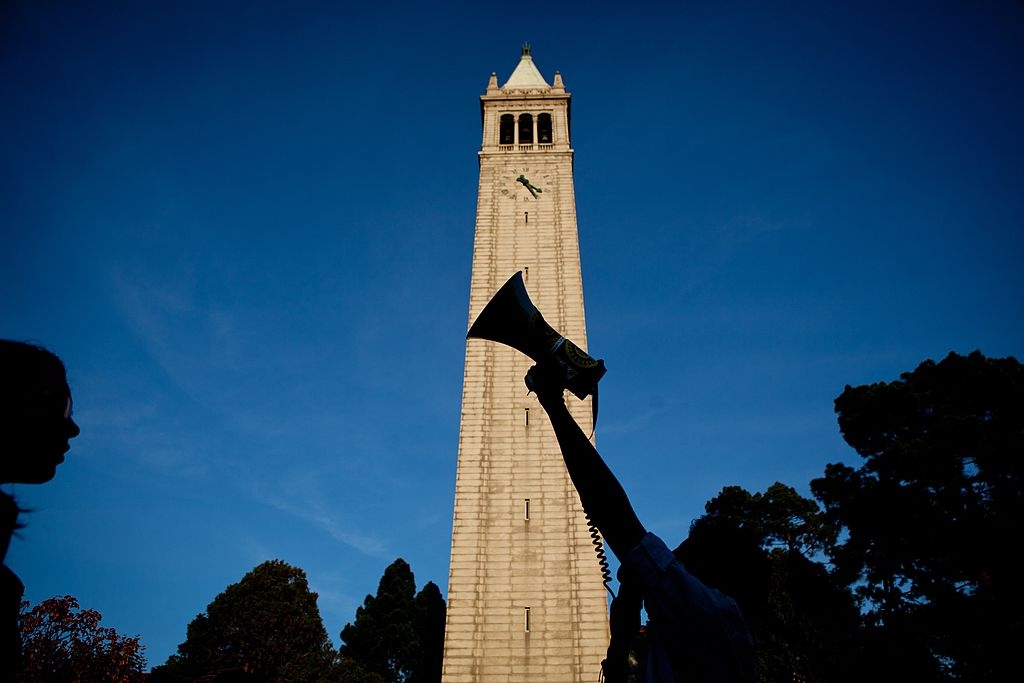Is history in danger of becoming a thing of the past on campus? In recent weeks, Aston in Birmingham announced a consultation on plans to close its entire history department. Meanwhile, London South Bank has announced that its history course will not be recruiting students from this Autumn.
The condemnation was swift. Former regius professor of history at Cambridge Richard J Evans and author of numerous books on the Third Reich, said that history was ‘more important than ever’, since it provides the skills to look critically at the evidence and to distinguish fact from fiction’ in age of fake news and populism.
But as a history student myself, I’m not convinced a decline in the number of courses is such bad news. It’s clear to me history at university is increasingly disconnected with the modern world – and with the students being taught.
Past exam papers for my course offer a revealing insight into what is seen as important: there are more questions on gender than on the Thirty Years’ War
Since the 1990s, the impetus from governments – with Tony Blair leading the charge – has been to expand the number of universities and the number of students attending them. Being able to go to university for the first time was a boon for many.
All the guff about universities introducing you to knowledge, experiences, and hangovers that you would not have otherwise had is true. It certainly impacted on the number of students being taught history, which rose from 26,885 in 1997, to 54,520 by 2006, to around 84,115 by 2018. Not only has that done wonders for sales of E.H.Carr’s What is History?, but it has also exposed a record number of students to a subject far wider than the usual litany of Tudors, Nazis and the French Revolution provided by the average A-Level course.
But while the profusion of history undergraduates might be good for those of us like Kingsley Amis’ Jim Dixon who would happily take a lecturing job to avoid the cold, harsh world of proper employment, many students have not been so lucky.
More than a third of UK graduates are in non-graduate employment five years after graduating, while staff shortages are apparent in areas from social care to skilled trades where manual and technical skills are needed. It is no surprise, then, that the ten most popular degrees in the UK are now mostly vocational, and that history postgraduates are half as likely to be in full time employment as their vocational counterparts.
London South Bank justified its decision to no longer recruit history students by pointing out that fewer than 40 people had been enrolled on their various history courses. Contemplating Erasmian humanism or the exact determinants of the Franco-Prussian war can certainly be entertaining but is hardly useful for the jobs market. Yet Evans surely had a point when he points out that students choose history for reasons other than narrow career-mindedness.
My employability was the last thing in my mind when I applied to study history. When I came to university with my copies of Empire and The English and their History in hand, I thought I was in for three years of rising empires, falling civilisations and a better insight into human development than any of those trainee SPADs doing PPE could ever hope for.
I’ve been left disappointed. University history is about as far from the days of AJP Taylor and Hugh Trevor-Roper as one could hope for. The focus of teaching is often increasingly niche, with too much time spent on the trivial specialisms of particular tutors rather than on the big questions that drove myself and others towards the subject in the first place.
I’ve been able to study British and European history, but even there the focus is on social, cultural, gender or racial topics, rather than broader events. Past exam papers for my course on Early Modern Europe offer another revealing insight into what is seen as important for those who decide what students study: there are more questions on gender than on the Thirty Years’ War, Louis XIV or the Dutch Revolt. The expansion of social and cultural historians (and all their identarian offshoots – from race, to sex, to queer history) undoubtedly reflects the more diverse populations of our universities since the 1960s. But when papers on pop art, women in Reformation England and ‘Madness and Mental Healing in a Global Context’ outnumber those delving into the run-up to the First or Second World Wars or modern American politics, it’s worth asking a question: has history gone down hill?







Comments